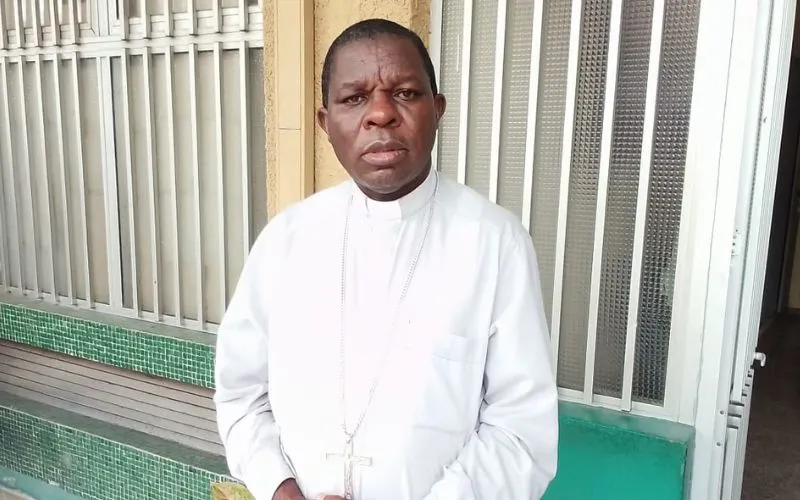Sumbe, 02 March, 2024 / 9:25 pm (ACI Africa).
Bishop Firmino David of the Catholic Diocese of Sumbe in Angola has identified the vastness of his Episcopal See, the mushrooming of Christian sects in his jurisdiction, and multiple languages among the people of God under his pastoral care as some of the challenges he grapples with.
In an interview with ACI Africa on Friday, March 1, Bishop Firmino said that he is also facing the challenge of a limited number of pastoral agents to attend to the needs of the faithful.
“This is a Diocese that forces us to travel long distances to meet the local communities,” he said about the Diocese that measures 58,698 square kilometres with a population of 1,941,500, Catholics numbering 649,022, according to 2020 statistics.
To illustrate the vastness of his Episcopal See, the Angolan Catholic Bishop said, “If I want to go to Quibala, for example, where the Major Theological Seminary is, I must go 360 kilometers round trip; if I have to go a little further, to Calulo, for example, I'll get close to 400 kilometers; if I’ve to go to Mussende, I'll go 315 kilometers.”
During these visits, he said, pastoral agents in Sumbe Diocese strive to make “the flock more united, promoting social gatherings and training so that people are really up to the task of defending the Church in their respective communities.”








